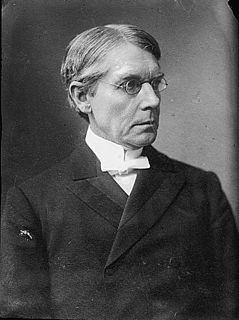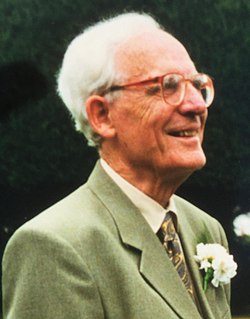A Quote by Richard Rohr
I see little difference in the attitudes of those who consider themselves Christian and those who are openly secular and agnostic. Most Christian citizenship appears to be clearly right here - on this little bit of very unreal estate.
Related Quotes
That the religious right completely took over the word Christian is a given. At one time, phrases such as Christian charity and Christian tolerance were used to denote kindness and compassion. To perform a "Christian" act meant an act of giving, of acceptance, of toleration. Now, Christian is invariably linked to right-wing conservative political thought -- Christian nation, Christian morality, Christian values, Christian family.
Would I consider myself alt-right, if you want to ask that question? No, I don't. Not even a little bit. I think I am a pretty devout Christian, and I treat my walk with Christ very seriously - very seriously - in a way that I'm constantly looking at the things I do and how that affects me existentially.
There was a man named Robert Dear who in court said he was a warrior for the babies, whose ex-wife talked about his Christian beliefs motivating his desire to attack and murder three people, including a police officer, in Colorado.That man is a Christian. He`s an avowed Christian. He appears to have acted on those Christian beliefs to undertake that act of violence.
When I read the epitaphs of the beautiful, every inordinate desire goes out; when I meet with the grief of parents upon a tombstone, my heart melts with compassion; when I see the tomb of the parents themselves, I consider the vanity of grieving for those whom we must quickly follow: when I see kings lying by those who deposed them, when I consider rival wits placed side by side, or the holy men that divided the world with their contests and disputes, I reflect with sorrow and astonishment on the little competitions, factions, and debates of mankind.
You say, 'Well, I love secular music.' Let me just share something with you: I don't care. I'm not going to go there; this is what I'm going to tell you: It doesn't matter to me whether it's secular or Christian. My question is, what's being said in those words? Because if what's being said in those words contradicts the will of God, you're violating His will, and you're loving it.
The real issue relating to exclusiveness is whether or not the Christian actually has a relationship with God, a presence of God, which non-Christians do not have. Apart from Christian spiritual formation as described here, I believe there is little value in claiming exclusiveness for the Christian way.
The people at the very top could fall by and grace you with their presence and give you a little largesse, and you'd be "Oh, I'm so beloved." In a way, it was kind of like flattery. The middle managers didn't quite have that cachet, but at the same time, they had to seem like they were of that caliber. So there's a little bit of loneliness at the heart of those with a little bit of power.






































